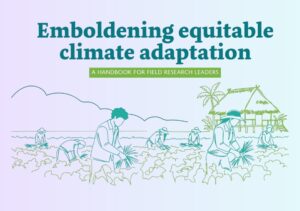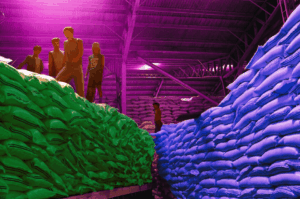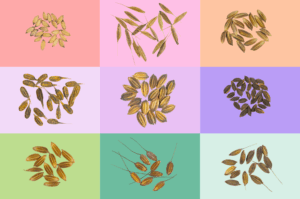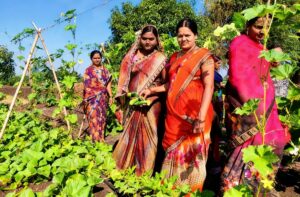The Philippine Department of Agriculture (DA) has launched a project that will establish clustered hybrid rice farms in different parts of country to showcase hybrid rice production and promote is adoption.
The department will use the cluster farms for collecting field data on recommended hybrid rice varieties, technologies and management practices and showcase the clustering approach for production, harvesting, processing, and marketing.
Read the full story at Inquirer
More on hybrid rice:
Hybrid rice for global food security
It has been proven for many years that hybrid rice has achieved more than a 20% yield advantage over improved inbred varieties. In recent years, hybrid rice has covered 17 million hectares (ha) or 57% of the total rice area in China, where the nationwide average yield is 8 tons per hectare (t/ha)—about l.7 t/ha higher than the yield of inbred varieties (6.3 t/ha). The yearly increases in grain production in the country, because of the growing cultivation of hybrid rice, can feed 70 million people annually. Therefore, hybrid rice has been playing a critical role in solving the food problem in China, making it the largest country self-sufficient in food.
IRRI and ACI partner to develop improved rice varieties for rice growers in Bangladesh
IRRI and Advanced Chemical Industries Ltd. announced today a partnership to build a state-of-the-art rice breeding program in Bangladesh. The partnership will aim to improve the lives of rice farmers through supporting better rice varieties and agricultural technologies. The collaboration will support a wide range of projects aimed to accelerate genetic research and advance breeding and product development for the Bangladesh rice ecosystem.
The The Hybrid Rice Development Consortium (HRDC)
HRDC promotes innovation and access to new germplasm and information on hybrid rice technology. We are a membership-based organization that helps other organizations collaborate in the research and production of hybrid rice varieties.
Across the rice-producing world, there are well-recognized “yield gaps”—the difference between how much rice a system can potentially produce and the actual amount a farmer produces. Hybrid rice varieties are a key technology that can help close that gap, improving yield and profitability.










